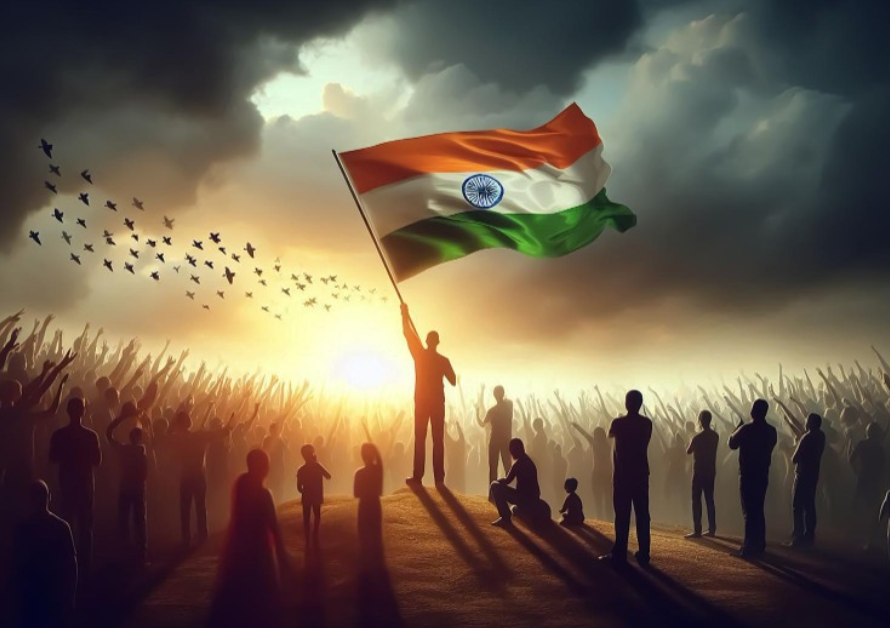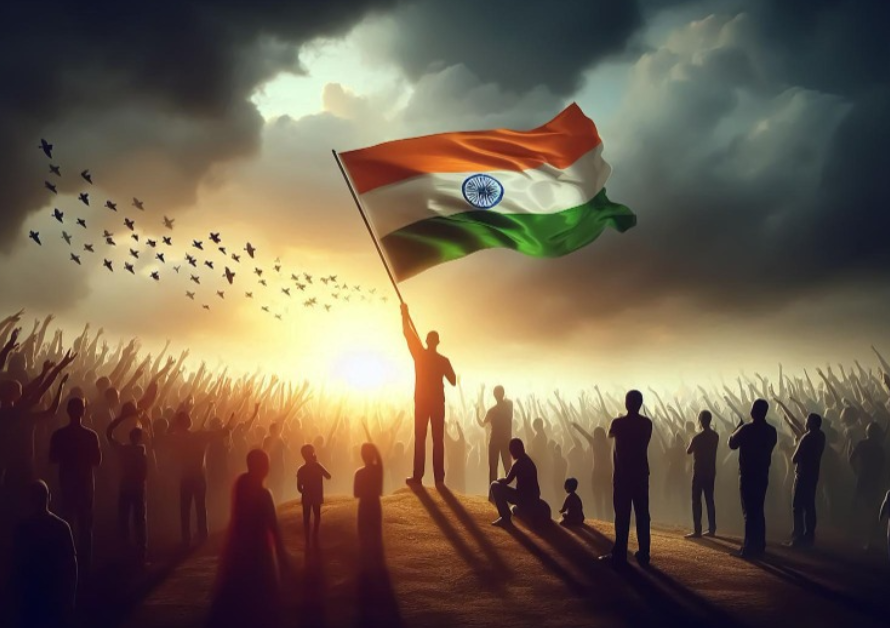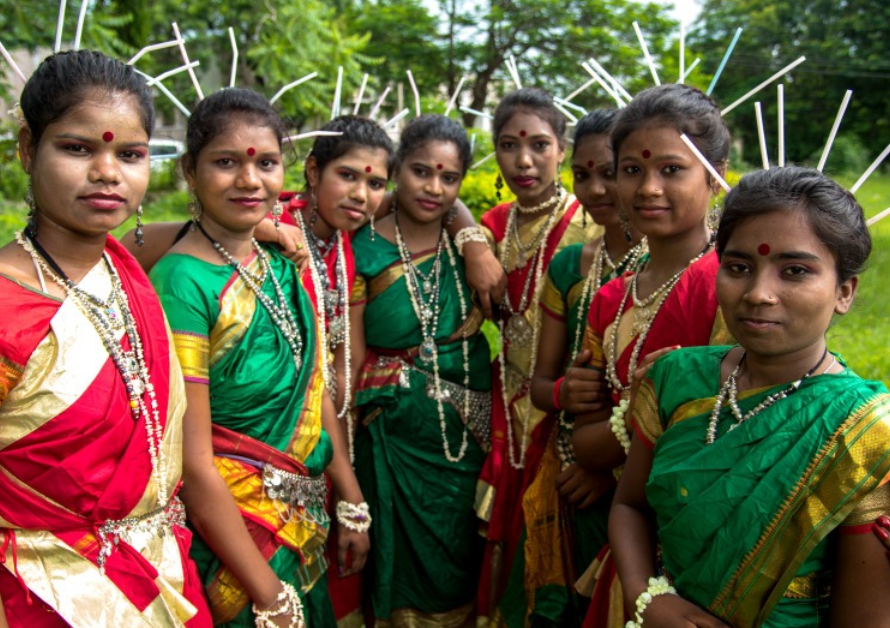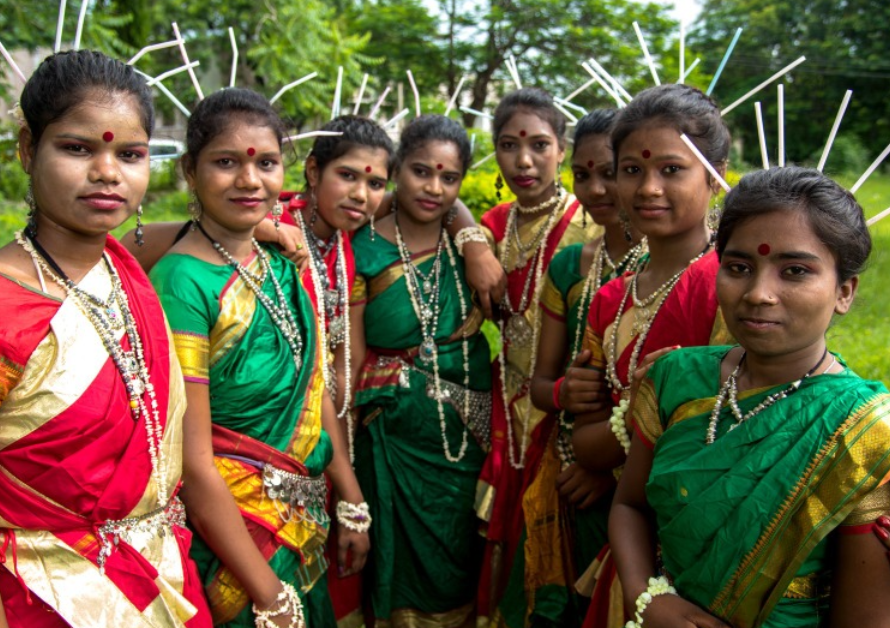Dear Youth of India,
The history of communal violence, as observed in countries like Pakistan, offers crucial lessons for us. It showcases the devastating consequences of intolerance, division, and unchecked aggression. This narrative is not just about one nation or religion—it is a wake-up call for everyone to rise above hatred and division, to safeguard humanity and harmony.
The Cycle of Violence in Pakistan: A Case Study
In Pakistan’s history, various communities were systematically targeted:
The First Victims:
Hindus and Sikhs, who were neither part of the Muslim majority nor accepted in the Islamic framework, faced widespread persecution. Gradually, their populations dwindled.
Targeting Christians:
Once the non-Muslim minorities were nearly eradicated, the aggression shifted toward Christians.
Ahmediyas: The Internal Strife Begins
Declared “non-Muslims” by the state, Ahmediyas became the next victims. Ironically, many Ahmediyas had once supported the persecution of Hindus and Christians, but they too became targets.
Sunni vs. Shia Conflict:
After Ahmediyas, the conflict turned inward. Sunni and Shia Muslims, who once stood united against other groups, began labeling each other as “false Muslims” and resorted to violence.
This cycle of violence underscores a grim reality: hatred knows no boundaries. It consumes everything in its path, including those who propagate it.
The Broader Context: A Culture of Violence
A report by the Institute of Economics and Peace (2014) revealed that 80% of terrorist-related deaths in 2013 occurred in five countries: Iraq, Syria, Pakistan, Afghanistan, and Nigeria—all predominantly Islamic nations. This highlights an uncomfortable truth: much of the violence and loss of life happens within communities, often in the name of religion or sectarianism.
Lessons for India: Preventing a Similar Path
Unity Amid Diversity:
India’s strength lies in its pluralism. Let us not allow divisive forces to replicate the patterns seen elsewhere.
Protect the rights of every community while fostering mutual respect and harmony.
Reject the Cycle of Hatred:
Understand that targeting any group—whether based on religion, caste, or ideology—leads to a never-ending cycle of violence.
Hatred only grows, and eventually, it turns inward, destroying even its perpetrators.
Educate and Empower:
Promote awareness among youth about the dangers of intolerance and extremism. Emphasize the values of coexistence and constructive dialogue.
Stay Vigilant:
Recognize attempts to divide communities under the guise of religion, politics, or nationalism. Counter such narratives with facts, rationality, and compassion.
A Call to Action for the Youth
The experiences of Pakistan and other conflict-ridden nations serve as
stark reminders of what happens when societies fail to uphold tolerance and humanity. As the youth of India, you have the power to ensure that our country does not walk this path.
Be Ambassadors of Peace: Advocate for understanding and collaboration among all communities.
Promote Critical Thinking: Question divisive ideologies and encourage open-mindedness.
Strengthen Democracy: Actively participate in democratic processes to uphold justice and equality.
A Message of Hope
India has a unique opportunity to learn from history and build a future that rejects hatred and embraces harmony. The onus lies on the youth to ensure that India remains a beacon of unity, resilience, and progress.
As Swami Vivekananda said:
“Sectarianism, bigotry, and its horrible descendant, fanaticism, have long possessed this beautiful earth. But the time has come for a greater harmony and understanding to prevail.”
Let this message guide you as you shape a brighter future for India and the world.
Jai Hind!
For more blogs please visit www.saveindia108.in and to join our whatsapp group please click https://chat.whatsapp.com/HxGZvlycYPlFvBO17O3eGW







